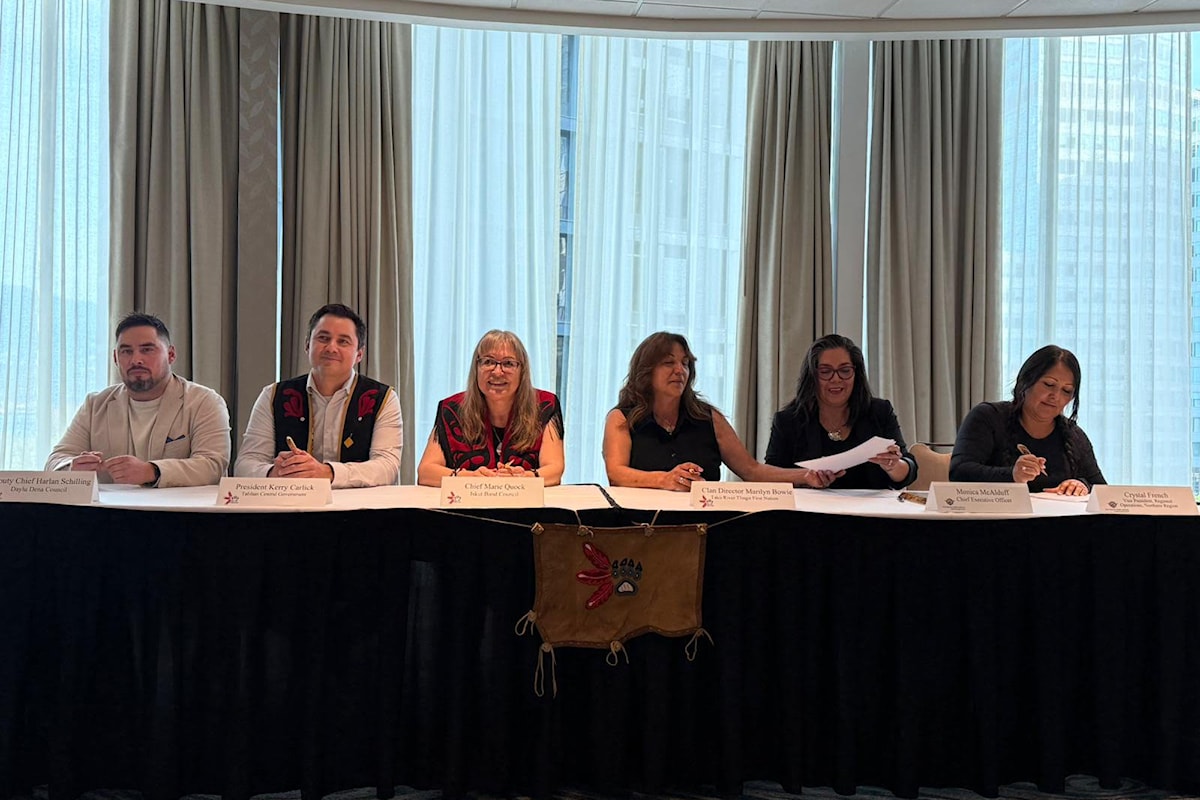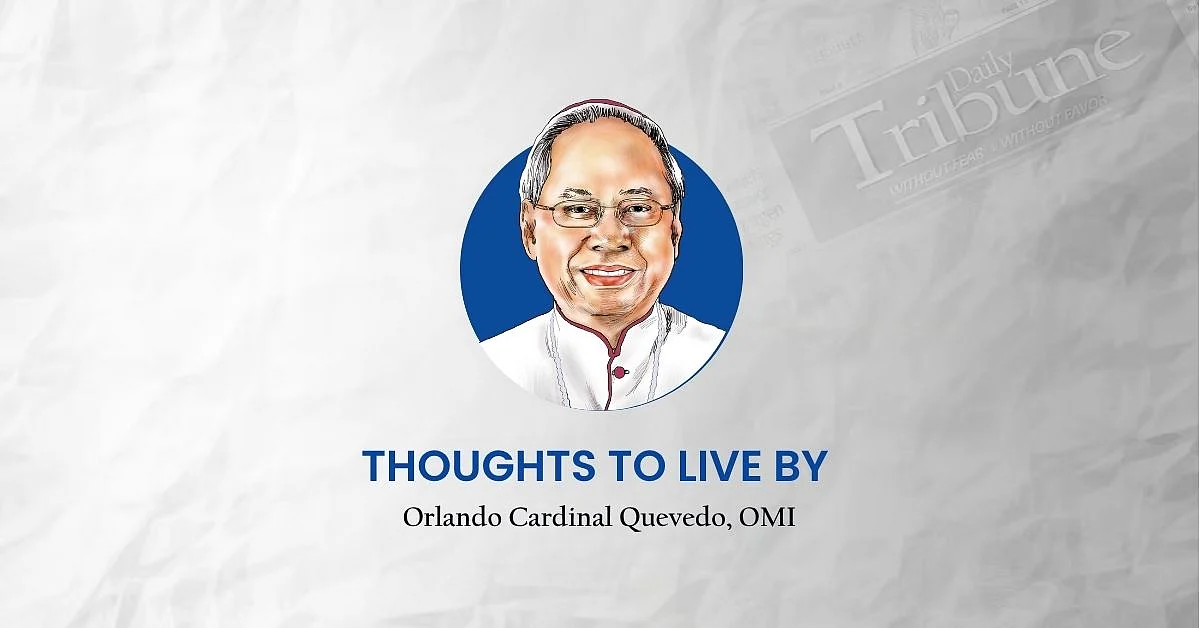
Indigenous residents of some of the most rural and remote communities in the Northwest could soon see improved access to health care, following a new agreement between the 3Nations Society and the First Nations Health Authority.
The Memorandum of Understanding, signed in Vancouver today (Sept. 19), formalizes a joint commitment to transform health service delivery across the territories of the Tahltan, Kaska and Taku River Tlingit Nations. It outlines plans to recruit and retain health workers in the region, establish a 3Nations Health and Wellness Agreement, and secure long-term resources to support implementation. An annual report will track progress, including comparisons between First Nations and non-Indigenous life expectancy.
Kerry Carlick, president of the Tahltan Central Government, said the signing ceremony marks the first step toward advancing the goals of both FNHA and the Society.
“I am eager for our future partnership with FNHA and other health system stakeholders to revolutionize healthcare access for individuals in the 3 Nations collective territories,” she said.
FNHA CEO Monica McAlduff added the MOU reinforces the authority’s support for Nation-led and community-driven approaches to improving access to timely and culturally safe services.
The 3Nations Society is a community-led collaboration mandated to address shared priorities, including health. Its collective territory spans 24 per cent of B.C. and includes the communities of Atlin, Lower Post, Good Hope Lake, Dease Lake, Telegraph Creek, Iskut and Fort Ware.
For the Taku River Tlingit First Nation, the MOU also offers a path to resolving jurisdictional challenges that have long affected health care delivery in their region. Spokesperson Charmaine Thom said overlapping systems in B.C. and Yukon have created barriers to accessing care.
“It is a good first step to addressing inequalities that we experience in primary care, mental health, mobile/virtual access to healthcare providers and their related services.”
The MOU supports The 10-Year Strategy on the Social Determinants of Health, a strategy that focuses on addressing root causes of health disparities and strengthening wellness for First Nations individuals, families and communities.
“Our Nations have always known that true wellness is rooted in our lands, languages, and ways of life” said Deputy Chief Harlan Schilling, Daylu Dena Council. “This MOU is a step forward to reclaiming our responsibility to care for our people in a way that reflects who we are. By working together as Nations and partners, we strengthen our sovereignty, our voices and our ability to shape a health system that serves our communities with dignity, respect and cultural integrity.”



